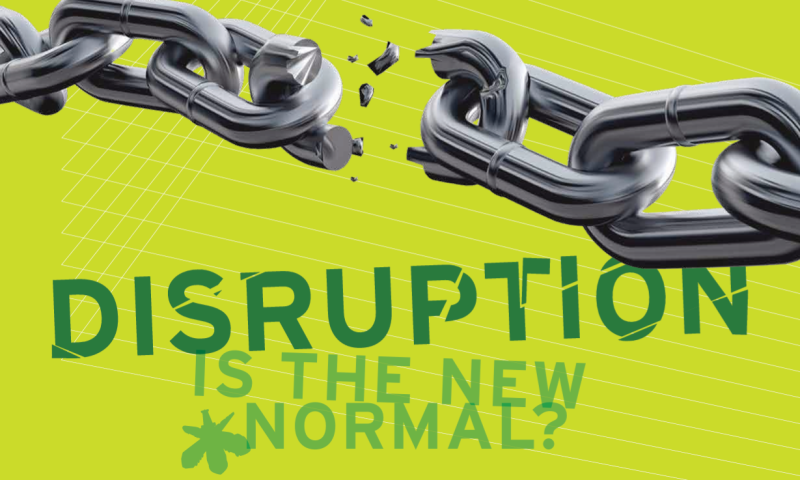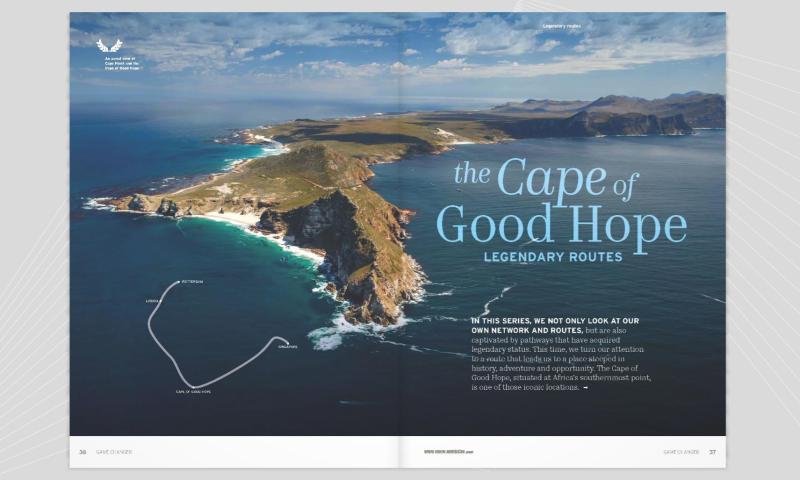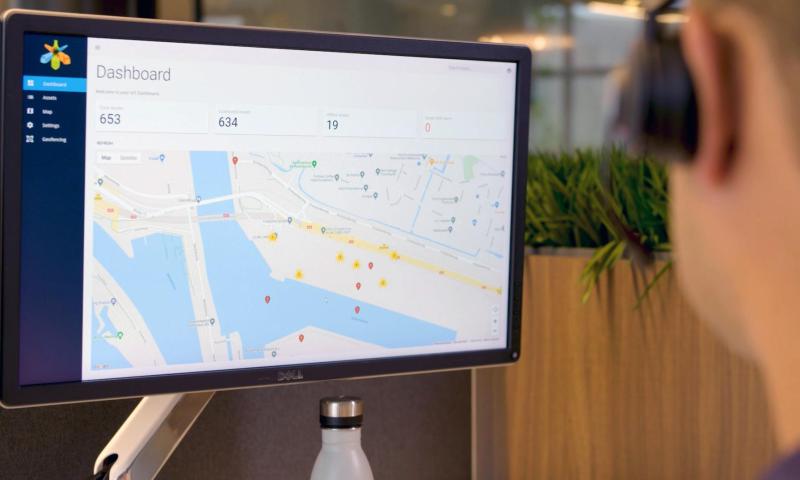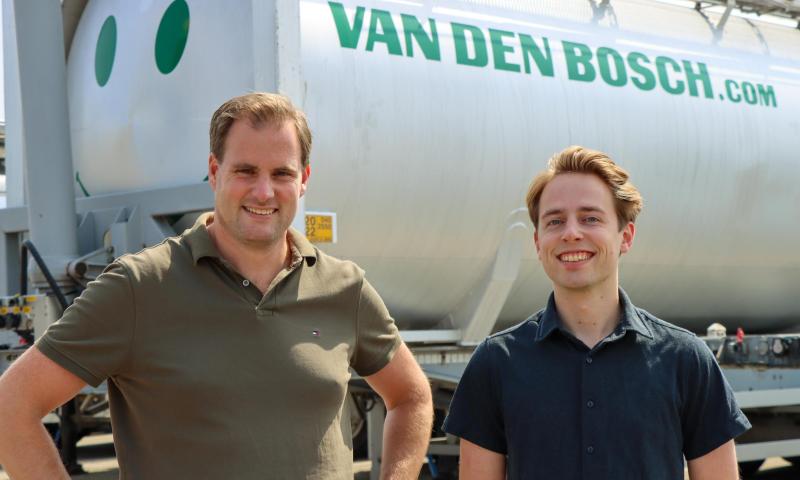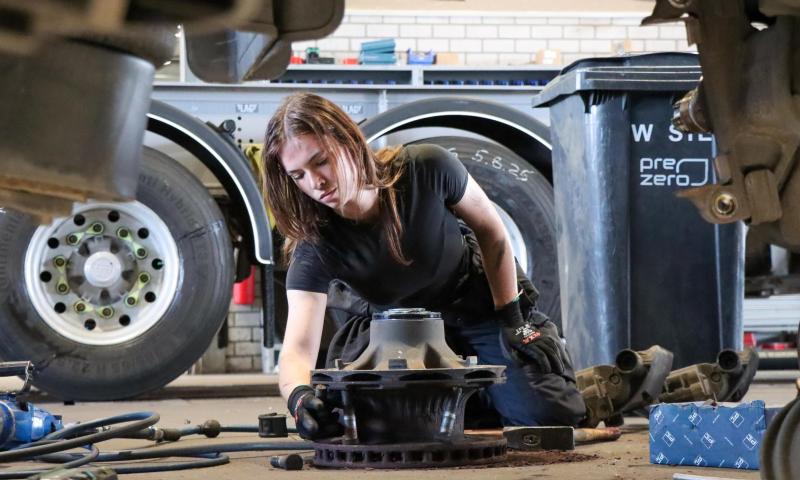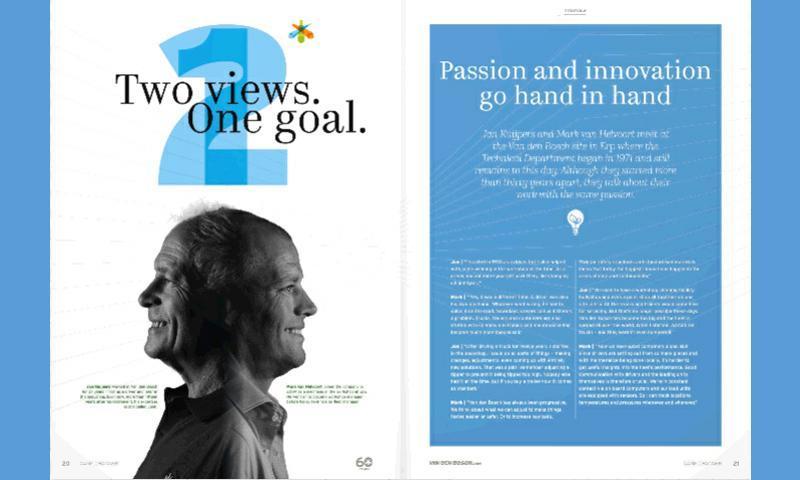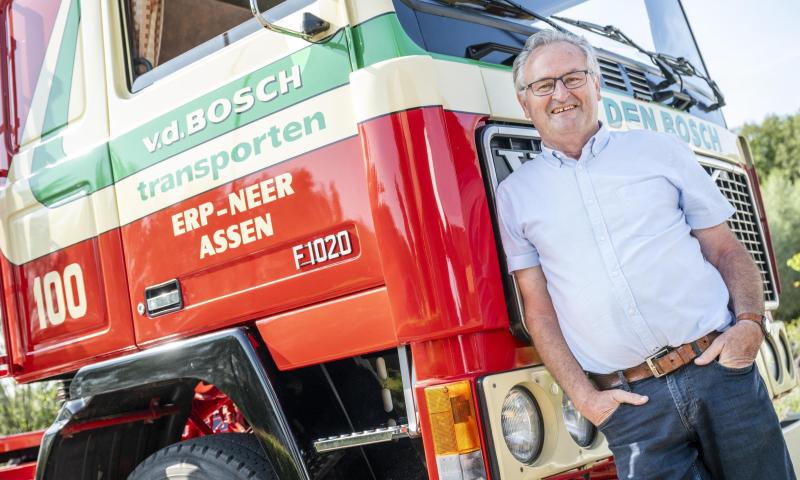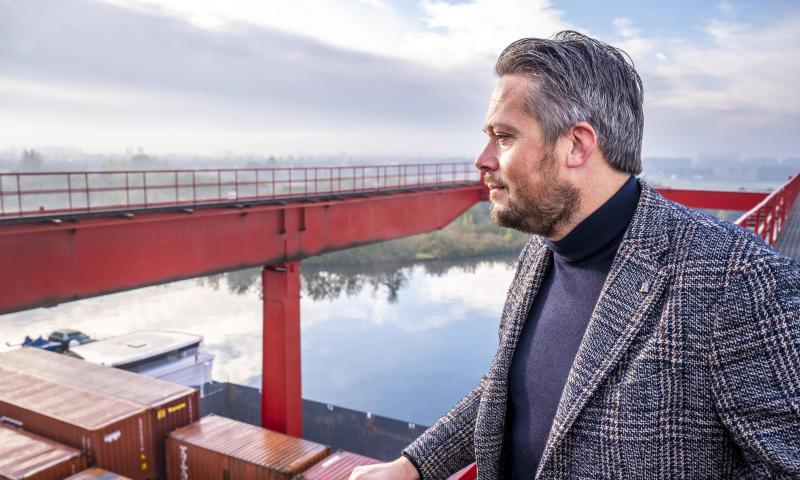Promising results thanks to sustainable cooperation
For years, the UNICEF Plastic Bricks project has shown that plastic waste can be a valuable raw material. With support from Van den Bosch, the humanitarian powerhouse has been using plastic bricks to build sustainable classrooms in Ivory Coast since 2019. The pilot phase of the project is now coming to an end - and the results are promising.
So far, UNICEF has built 455 classrooms from recycled plastic, turning 3,200 tonnes of plastic waste into construction material in the process. Altogether, the classrooms give 22,750 children access to high-quality education, with another 64 classrooms yet to follow. The social impact of the project is therefore at least as significant as its environmental impact.
In addition, 16 schools have been equipped with toilets and water points, contributing to improved hygiene and health. Furthermore, 16,830 teachers have been trained to enhance students' reading and writing skills, which has led to noticeable progress: in the Abidjan region, the pass rate for final exams increased by 40% in 2024.
Community collaboration
Since parents, teachers and locals are actively involved in building the classrooms and upkeep, community support is excellent, which helps to keep facilities in tip-top shape. On top of that, it helps strengthen parent involvement with their children's education.


